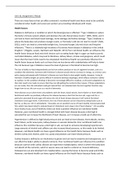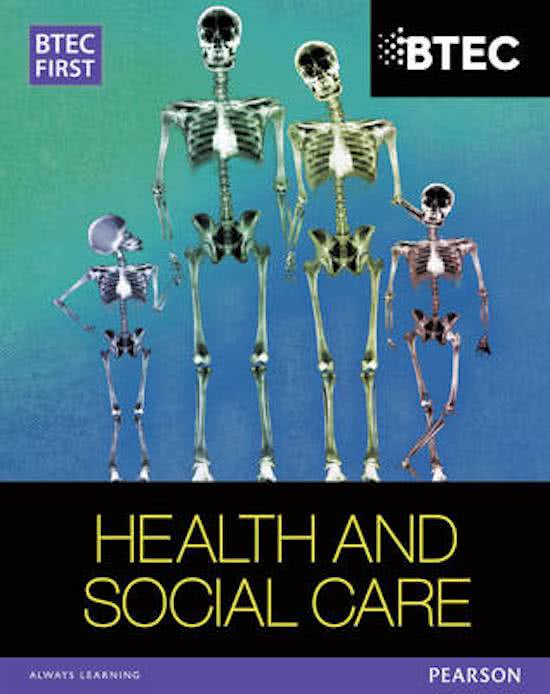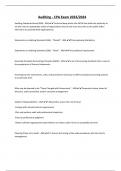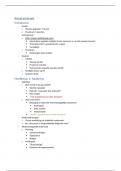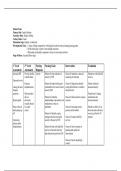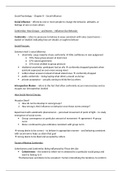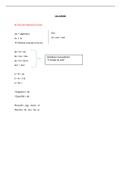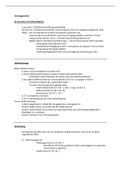Essay
Unit 10- Assignment 2 Resub
- Institution
- OCR
This assignment covers P4- Explain factors which influence nutritional health. P5- Evaluate the diet and nutrition of a chosen individual. P6- Develop a dietary plan to improve the nutritional health of an individual. M2- Analyse the sustainability of a dietary plan for a chosen individual. ...
[Show more]
